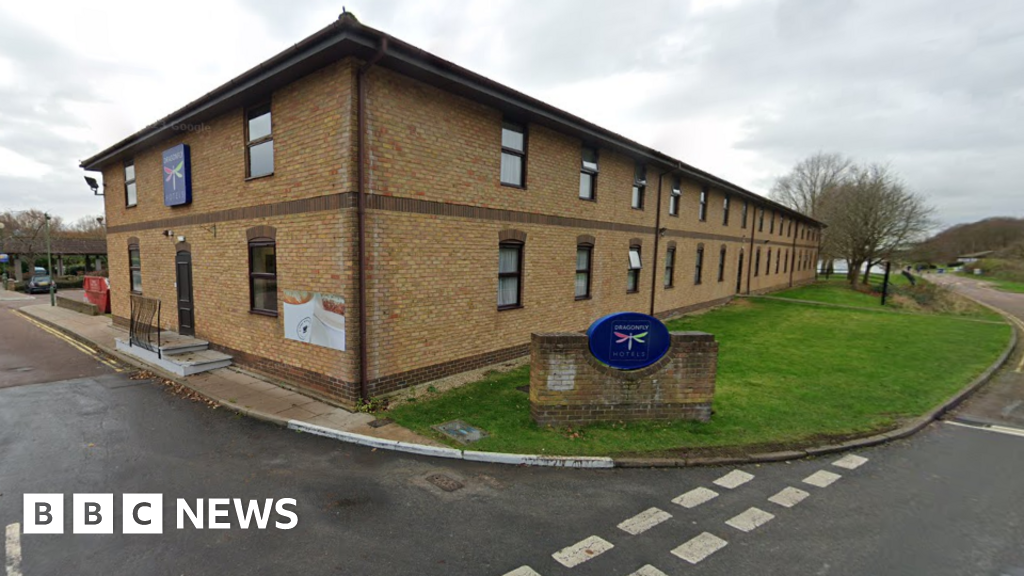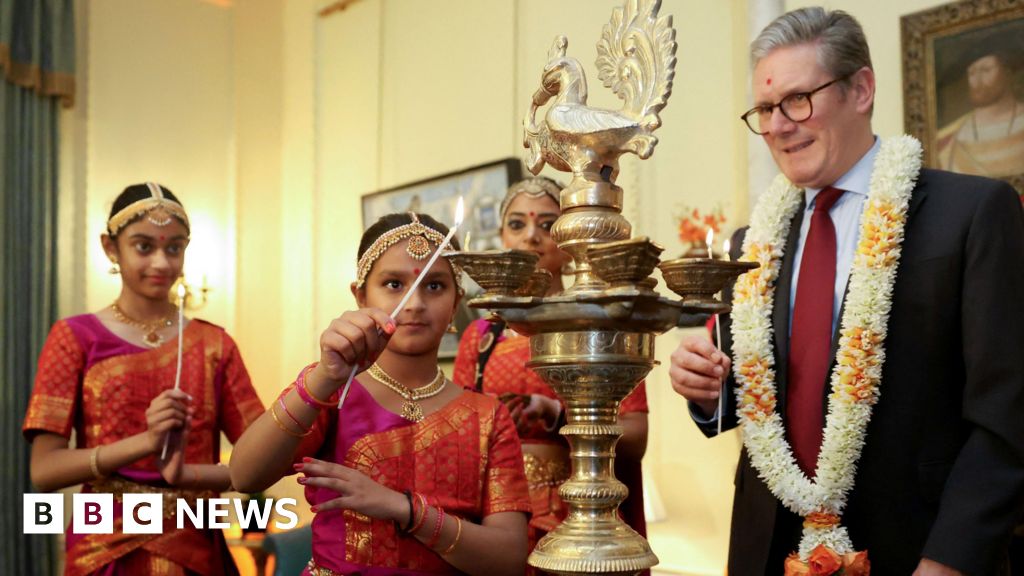ARTICLE AD BOX
By Adam Durbin
BBC News
Image source, EPA
Image caption,Ukrainian soldiers stand in the aftermath of an overnight shelling at the Ukrainian checkpoint near Kyiv
It is not too late for Vladimir Putin to end his invasion of Ukraine, UK Defence Secretary Ben Wallace has said.
In a message to the Russian president, Mr Wallace said Mr Putin is risking his nation being isolated for decades to come if he does not withdraw troops.
He also said thermobaric weapons had been deployed, and that he worried how far Russia would go in the future.
On Wednesday, UK Prime Minister Boris Johnson said Mr Putin was already responsible for war crimes in Ukraine.
The defence secretary was speaking alongside his Estonian counterpart Kalle Laanet at a press conference in the country's capital Talinn, as part of a visit to Nato allies.
Mr Wallace said: "The consequences of what we are seeing in Ukraine will ripple through Europe and Nato for not just weeks, but months and years to come."
Over a week into the invasion of Ukraine, Russian forces have seized control of the key Black Sea port city of Kherson in the south, as the fighting escalates around the country.
Many cities have come under intense shelling, with Wednesday one of the most destructive days of the fighting.
Russia has for the first time admitted taking heavy military casualties, with 498 troops killed and a further 1,597 injured. Ukraine says Russia's losses run into the thousands.
An investigation into possible war crimes and crimes against humanity committed in Ukraine has been launched by the International Criminal Court in The Hague.
Ukrainian president Volodymyr Zeleynsky has also accused the Russian leader of war crimes, with the country reporting more than 2,000 civilian deaths since the invasion began last Thursday.
Russia attacks Ukraine: More coverage
At the press conference, Mr Wallace said it was unknown what kind of weapons Mr Putin was willing to use, but saying there had been "massive amounts" of artillery deployed to Ukraine, as well as controversial thermobaric weapons - also known as "vacuum bombs".
Thermobaric weapons are much more devastating than conventional explosives of similar size - they create a massive blast wave and a vacuum which sucks up all surrounding oxygen, killing or injuring people in its path.
He said there was concern around how far the Russian military would go with weapons in the future.
In a response to a question, Mr Wallace said it would be difficult for the international community to engage with Mr Putin in the long-term following his attack on a sovereign country "at huge scale, inflicting huge damage and violence".
He added the idea of having a "normal relationship" with the Russian government would be almost impossible as a result of the war in Ukraine "unless President Putin chooses to cease what he is doing now".
'Hard to control information'
Meanwhile, other UK ministers are meeting international allies on Thursday to discuss what further economic and cultural sanctions could be taken against Russia over its invasion of Ukraine.
Foreign Secretary Liz Truss has met her Baltic counterparts in Lithuania.
Speaking alongside them at a press conference in Vilnius, she said tackling Russian aggression was a battle for "our freedom and security", adding the West must go further in its sanctions on Russian banks and reduce its dependence on the country for energy supplies.
She said the West needs to get the information to the Russian people about what is "actually happening" in Ukraine, in light of the false reporting on Russian state-owned media.
Ms Truss said: "It is much harder to control information in the world of social media.
"And we need to make sure, as I've said, that the Russian economy is crippled so it is unable to continue to fund Putin and the war machine. And I suspect that the Russian people will draw their own conclusions from that."
She added she did not believe Mr Putin "speaks on behalf of Russian people" and the world had witnessed scenes of "very brave people" protesting his regime at home.
Culture Secretary Nadine Dorries is due to try to mobilise more support to isolate Moscow at a summit of global sports ministers.

 2 years ago
71
2 years ago
71








 English (US)
English (US)